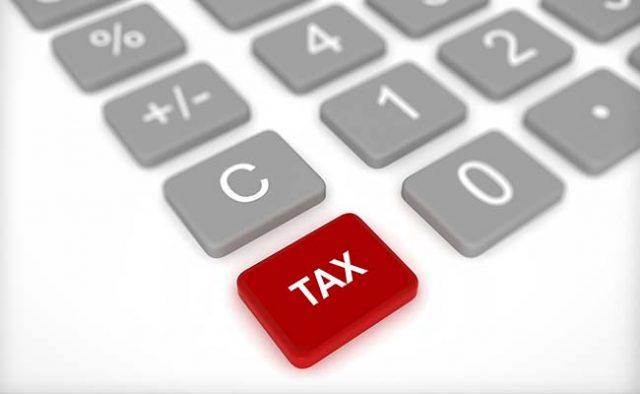SIGNIFICANT AMENDMENTS TO THE VAT LAW
- New rules for VAT deduction
- According to Article 29 of the VAT Law, taxpayers’ input VAT arising from the deliveries of goods and services received in relation to their activities can be deducted from their output VAT within the taxation period when the related invoices and similar documents were recorded in the taxpayers’ legal books provided that the taxable event occurred within the same calendar year. The Law No. 7104 allows that the right to deduction can be exercised by the end of the calendar year after the calendar year in which the taxable event arises. This provision will enter into force on 1 January 2019.
- According to another amendment to Article 29 of the VAT Law, the Law No. 7104 allows the refund of the VAT incurred regarding subsequent costs or reductions arising after the taxation period in which deliveries and services subject to a reduced VAT rate were carried out and could not be offset through VAT deduction. This provision entered into force on 6 April 2018.
- Amendments on non-deductible VAT
- According to Article 30/(d) of the VAT Law, except for the VAT paid during importation or through a reverse charge mechanism within the scope of disguised profit distribution through transfer pricing, the VAT paid within the scope of non-deductible expenses under the Corporate Income Tax Law cannot be offset from taxpayers’ output VAT. Through the amendment to this article, in addition to the VAT paid during importation or through reverse charge mechanism within the scope of disguised profit distribution through transfer pricing, the VAT paid to sellers during seller’s delivery of goods and services in Turkey and then duly declared and paid by the seller in the relevant taxation period can also be offset by the buyer from its output VAT. This provision entered into force on 6 April 2018.
3. Refund of overpaid or groundless VAT
- Through the amendment to Article 8 of the VAT Law, the refund of overpaid or groundless VAT can be made on the condition that the relevant VAT declarations are corrected and the seller pays the overpaid or groundless VAT back to the buyer. This provision entered into force on 6 April 2018.
- Time limit for VAT Refund
- Through the amendment to Article 32 of the VAT Law, in cases where taxpayers are entitled to a VAT refund due to their VAT-exempt transactions, the VAT refund can be made provided that the VAT refund is requested by the end of the second calendar year following the taxation period when the transaction is made. This provision will enter into force on 1 January 2019.
Conclusion The Law No. 7104 is part of structural reforms carried out to incentivize investment, production and exportation. It aims to reduce the financial burden of VAT on enterprises, decrease transaction costs, facilitate VAT practice, encourage transition to the registered economy, and therefore contribute to Turkey’s economic development.


